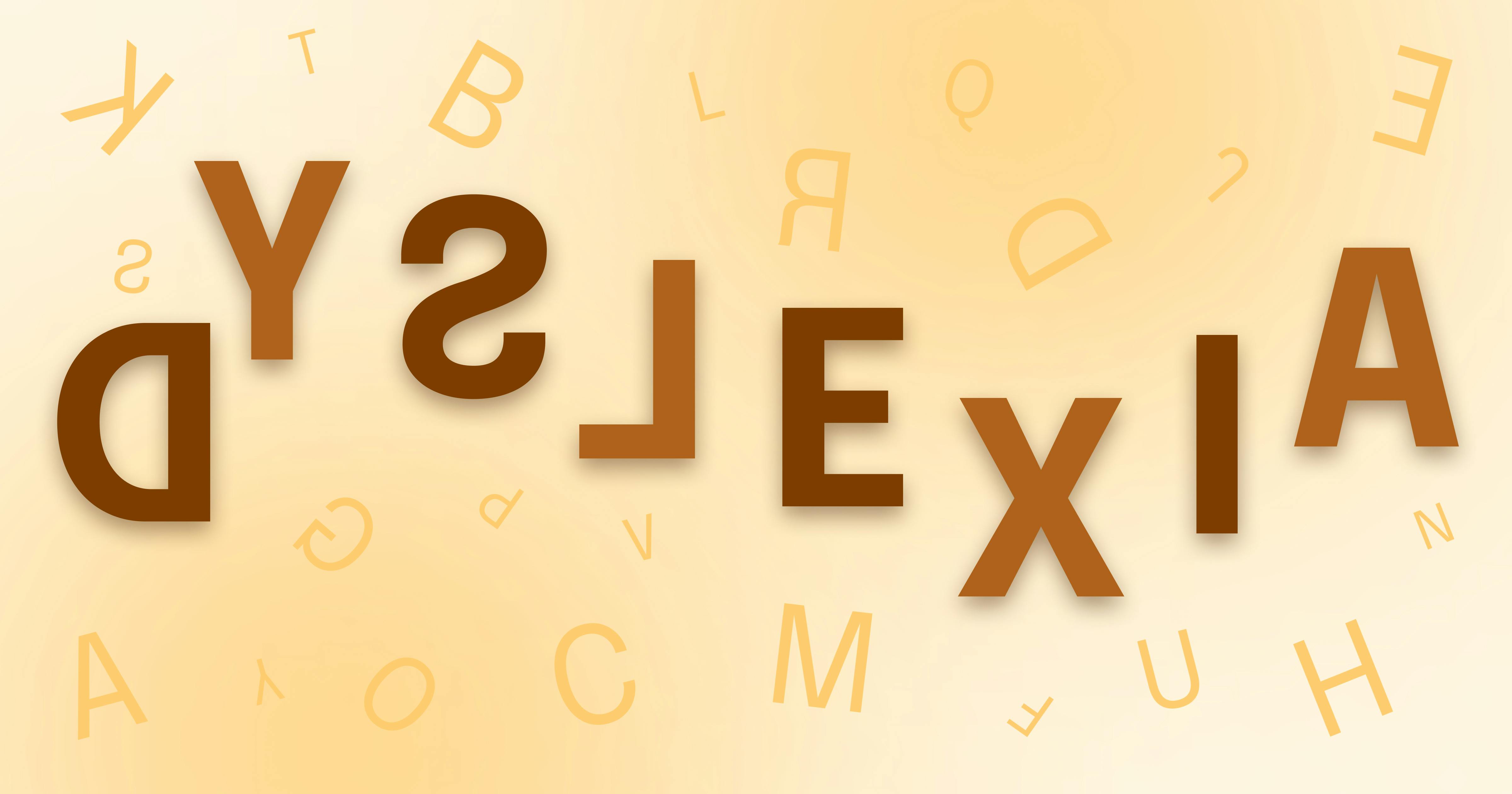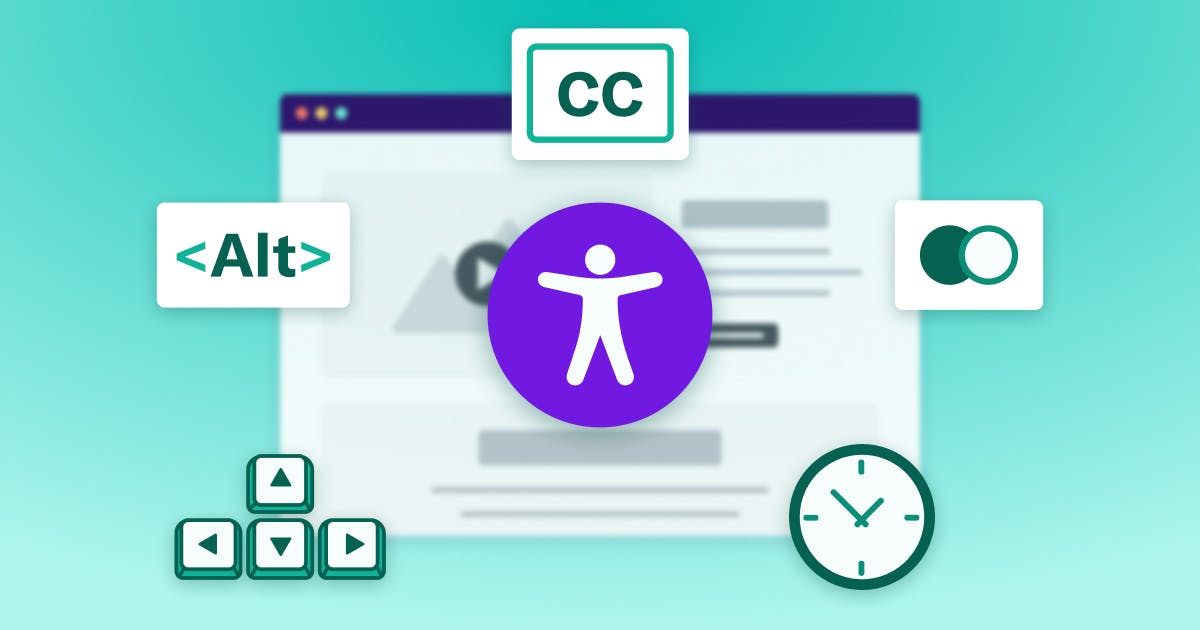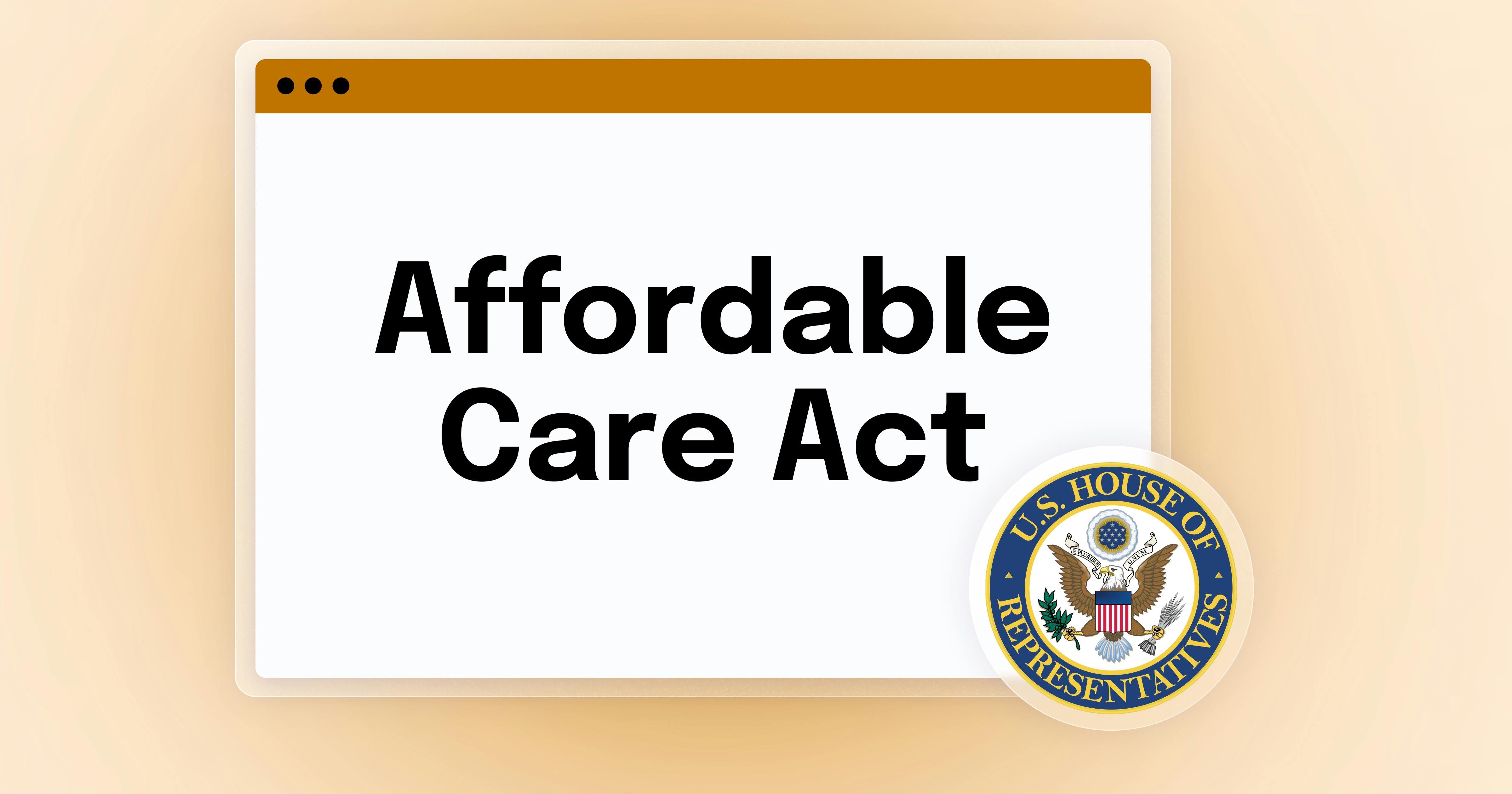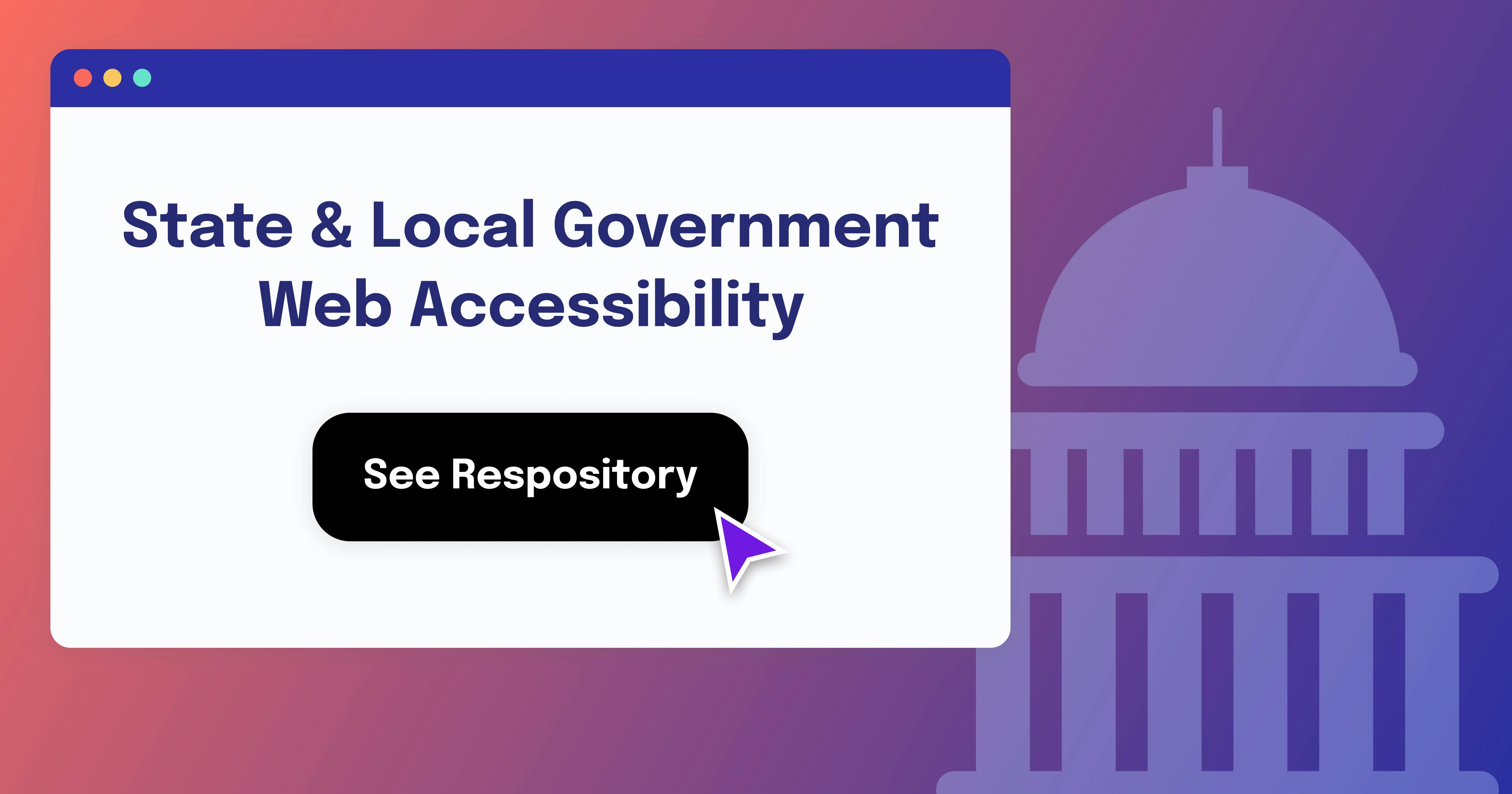All articles

What is Dyslexia?
Dyslexia is a general term for learning disabilities related to difficulty with reading, writing, and spelling. It is called a learning disability because it can impact a student’s learning experience by making it more difficult to process information. But dyslexia is not related to intelligence, it just means that people with dyslexia may need more time or a different method to process information. Dyslexia is caused by difficulties with language processing and visual processing; there is a broad spectrum of how dyslexia can impact a person’s ability to access information.
accessibility
February 27, 2017

Introduction to Creating Accessible Web Content
Creating assistive technologies that work seamlessly with all computing systems has been a daunting task where these technologies struggle to keep pace with an ever-evolving set of systems. This task becomes even more complex when you factor in the dynamic nature of the internet and its hundreds of millions of content creators. To fully appreciate the complex nature of creating accessible systems, it is important to see how we got to this point.
accessibility
October 03, 2016

School ADA Website Accessibility Complaints on the Rise
What You Need to Know: Educational establishments are being investigated in response to complaints received by the Office for Civil Rights. Complaints on disability discrimination were high with a focus on website accessibility. The U.S. Department of Education’s has reached settlements in response to complaints received.
compliance
August 26, 2016

Finance & Banking Web Accessibility Complaint Repository
The following list summarizes some of the many high profile Web Accessibility Lawsuits and complaints filed in association with Finance & Banking industries.
compliance
July 30, 2016

Meaningful Access Rule
Affordable Care Act. Under the Affordable Care Act (ACA) of 2010, the United States Department of Health and Human Services (HHS) is implementing a Meaningful Access Rule. The Meaningful Access Rule will apply to the ACA’s Section 1557’s anti-discrimination policies. This section defines that any health care provider that receives funding from the federal government must not discriminate any individual on the basis of race, color, nationality, sex, age, or disability. The new regulations will require theses health care providers to provide physical and Electronic and Information Technology (EIT) accessibility.
compliance
July 21, 2016

State & Local Government Web Accessibility Complaint Repository
The United States Department of Justice has been reaching settlement agreements with all industry types. In 1999, the DOJ reached its first settlement agreement with Toledo, Ohio under their initiative Project Civic Access. With Project Civic Access, the DOJ has reached more than 200 settlement agreements with counties, cities, towns, and villages across the United States, including Puerto Rico and the District of Columbia.
compliance
June 24, 2016

Canada’s Journey to Website Accessibility
To understand website accessibility laws in Canada, we start with the Canadian Disability Rights Movement, which began after the World War I when veterans who were disabled began returning home and needed accommodation and resources. It wasn’t until after World War II that accommodations and services for disabled veterans also began to apply to all people with disabilities.
compliance
February 21, 2016